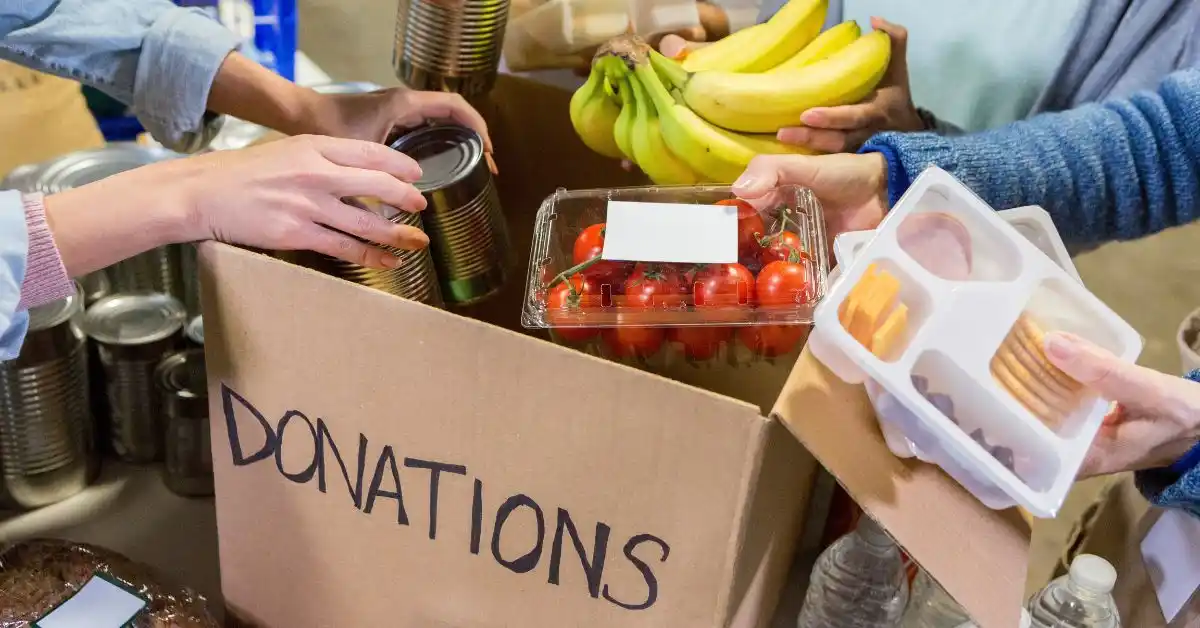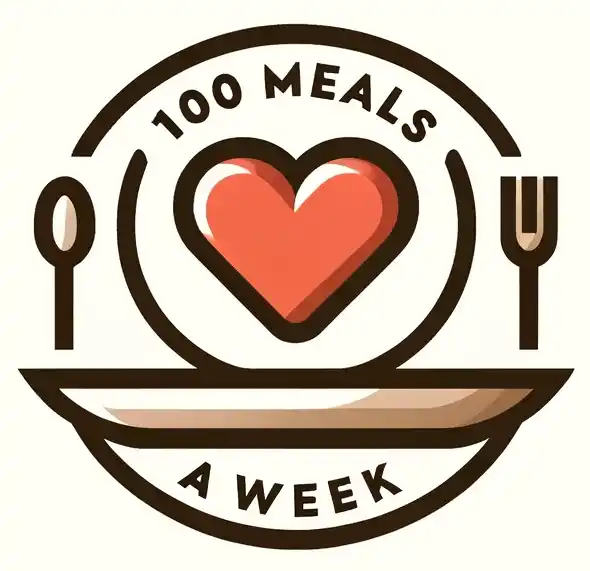Zeeshan and Karina Hayat on The Vital Role of Food Banks and Soup Kitchens

Amid escalating income inequality and rising living costs in urban areas, NGOs and soup kitchens have emerged as critical lifelines for communities facing hardship. However, as the economic landscape shifts, our understanding and strategies for addressing food insecurity must evolve. This issue now encompasses more than just providing emergency meals—it’s about confronting a broader social crisis.
Understanding Food Insecurity: A Growing Crisis
Food insecurity is a multifaceted issue that affects people in countless ways. It’s the parents who skip meals so their children can eat, the senior citizen on a fixed income who must choose between buying groceries and paying for medication, or the minimum-wage worker struggling to stretch a paycheck far enough to cover rent and food in an increasingly unaffordable housing market.
A recent report revealed that nearly two million visits were made to Canadian food banks in March 2023, representing a 32 percent increase compared to the same month in the previous year—a stark indicator of the growing need for support. But behind these numbers are real people facing heartbreaking choices daily, making food banks and soup kitchens indispensable in the fight against hunger.
What Are Food Banks and Soup Kitchens?
Food banks and soup kitchens are non-profit organizations dedicated to collecting and distributing food to those in need. Food banks typically gather safe and nutritious food from various sources and then distribute it to partner agencies or directly to individuals. Soup kitchens, on the other hand, often serve prepared meals directly to those in need, creating a warm, welcoming environment for anyone who walks through their doors.
Why Are These Services Crucial?
Food is a basic human right, yet it remains out of reach for many Canadians. Food banks and soup kitchens are critical because they address the immediate need for food while also tackling the underlying issue of poverty. Without these services, many would go hungry in a country where no one should have to.
For those living below the poverty line, food insecurity is an almost inevitable consequence. In Toronto, where affordable housing is increasingly scarce, the situation is exacerbated. Many who rely on food banks are seniors on fixed incomes, people with disabilities, or working families who simply can’t make ends meet. Zeeshan and Karina Hayat have long recognized this need, and their efforts have made a significant impact in communities across Vancouver and beyond.
How Do Food Banks and Soup Kitchens Operate?
The food that sustains these essential services comes from a variety of sources:
Individual donations are the backbone of many food banks and soup kitchens, with people contributing everything from non-perishable items to fresh produce. However, it’s not just about quantity—nutrition matters too. Food banks prioritize donations that are high in nutritional value, such as whole grains, canned fish, and fresh vegetables.
In some cases, food banks must purchase items to meet the specific needs of their communities, particularly when it comes to culturally appropriate foods or special dietary items.
How to Find and Access a Food Bank or Soup Kitchen Near You?
If you need to access a food bank or soup kitchen in British Columbia, start by identifying the service that covers your area. Tools like 211 British Columbia’s online search feature can help you find local food resources, including soup kitchens and food programs, based on your postal code. Alternatively, you can visit the Food Banks BC website for a directory of food banks and community kitchens throughout the province. If you visit a food bank outside your designated area, staff will usually assist by referring you to the appropriate local service.
What Can You Donate to a Food Bank?
- Donations: When donating, consider the nutritional value of the items. Food banks are always in need of high-fiber grains, protein sources like canned fish or beans, and fresh produce. Given Canada’s diverse population, culturally appropriate foods are also in high demand. Additionally, baby supplies and hygiene products are often needed but check with your local food bank for specific guidelines.
- Volunteer Your Time: Volunteers are the heart of these organizations. Whether it’s sorting donations, preparing meals, or serving guests, your time and effort can make a significant difference. Many organizations also offer family volunteering days, allowing you to involve your children in giving back to the community.
For more on volunteering and its meaningful impact, explore Zeeshan and Karina Hayat’s family volunteering experience in our post, “The Joy of Volunteering with Family,” on karinahayat.com.
Beyond the Meal: Empowering Communities
Food banks and soup kitchens are not just about food; they’re about community, empowerment, and education. Many food banks and soup kitchens go beyond simply providing food. They are community hubs offering education, support, and a sense of belonging. Organizations like 100 Meals a Week, founded by Zeeshan and Karina Hayat in Vancouver, BC, are leading the fight against food insecurity with a holistic approach that goes far beyond just meal donations. Their efforts include providing essential items such as clothing, blankets, hygiene products, and sleeping bags, recognizing that comprehensive support is crucial. By tackling these additional needs and streamlining participation for contributors, they ensure that supporting the cause is both impactful and accessible for everyone.
Join the Effort: Together, We Can Make a Difference
The need is great, but so is our capacity to help. Whether through donations, volunteering, or simply spreading awareness, your support ensures that no one in our community has to face hunger alone. Food banks and soup kitchens are more than just places to get a meal—they are pillars of strength, hope, and resilience in our society. By supporting them, we contribute to building a more just and compassionate community for all.
In what ways can local organizations and individuals collaborate more effectively to support food banks and soup kitchens?
